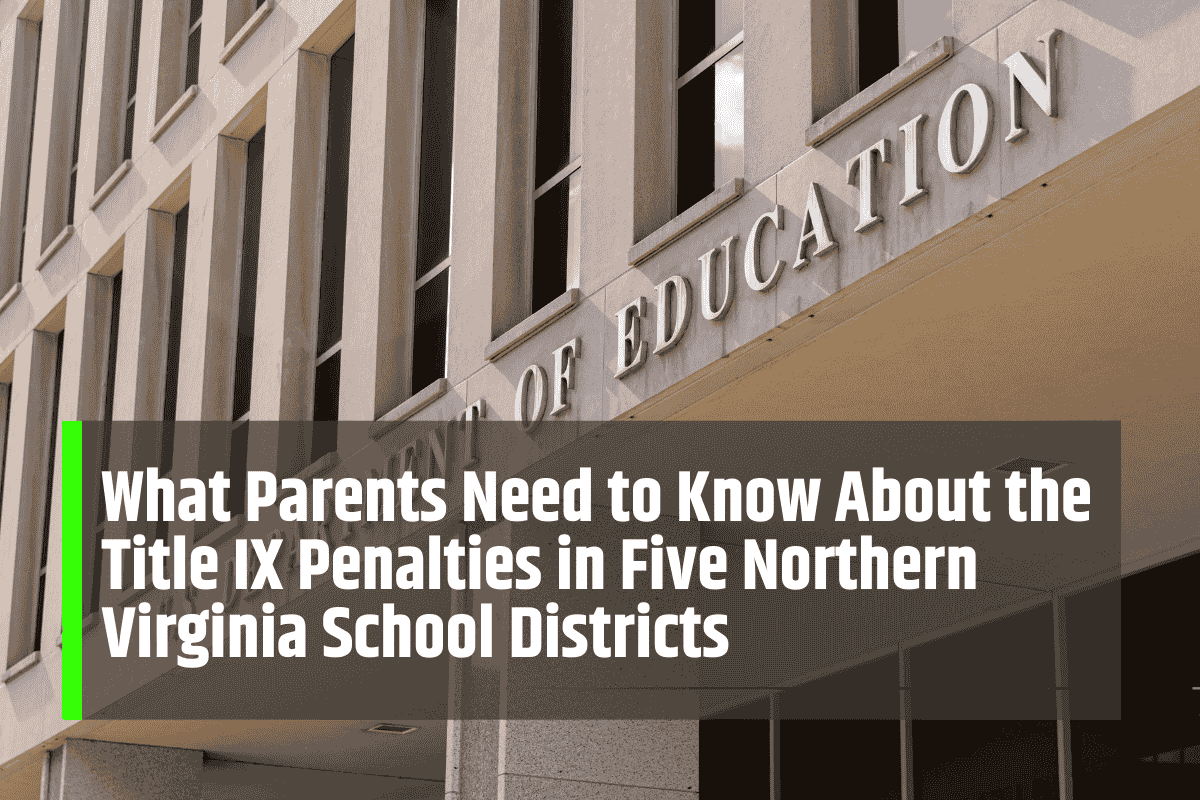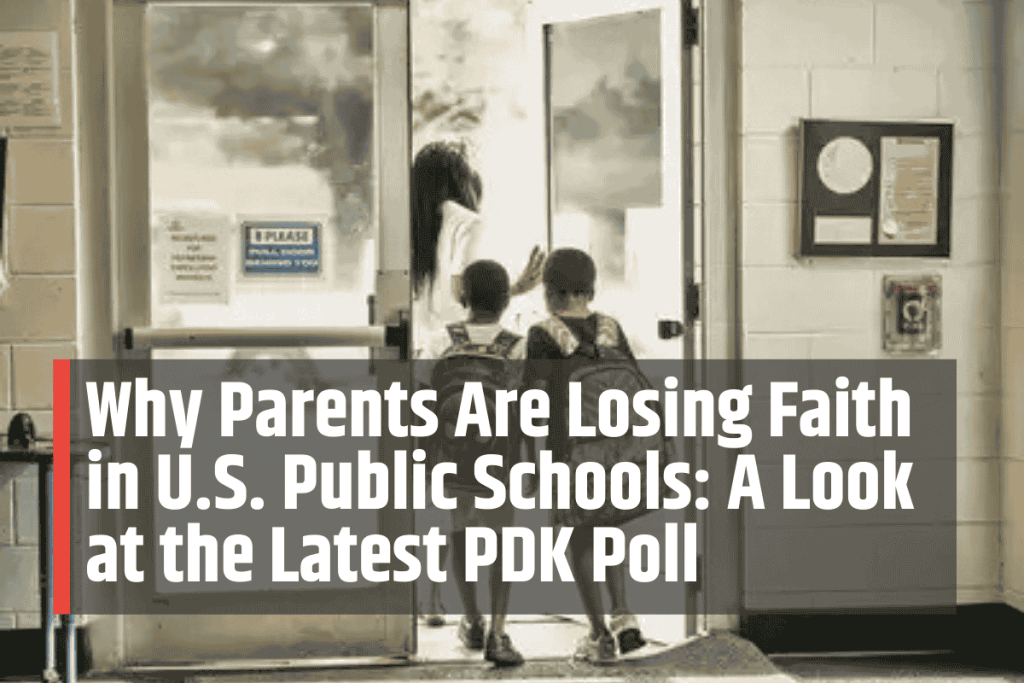Five prominent Northern Virginia school districts—Fairfax County, Arlington County, Alexandria City, Loudoun County, and Prince William County—are at the center of a national debate regarding Title IX. The federal law prohibits sex-based discrimination in education but is now under scrutiny over its application to transgender students’ rights.
Background of the Dispute
Title IX was enacted in 1972 to ensure gender equality in education. However, its application to transgender students has been contentious. In July 2025, the Department of Education’s Office for Civil Rights (OCR) ruled that the policies of the five districts violated Title IX by allowing transgender students to use facilities that align with their gender identity.
This ruling contrasts with the current administration’s stance, which prioritizes biological sex in Title IX enforcement.
Implications for the School Districts
As a result of the OCR’s findings, these school districts were designated as “high-risk” by the Department of Education. This status means they must pay for educational expenses upfront and seek reimbursement instead of receiving federal funds in advance.
Fairfax County, for example, could lose up to $160 million in federal funding. The districts were given a ten-day deadline to amend their policies but chose to uphold their inclusive policies, citing state laws and federal court rulings that protect transgender students.
Local Reactions and Legal Considerations
Local officials and community members have strongly supported the districts’ inclusive policies. Fairfax County Public Schools emphasized its commitment to ensuring a safe and inclusive learning environment for all students.
Similarly, Loudoun County Public Schools voted to maintain its Policy 8040, which allows students to use facilities corresponding to their gender identity. These decisions have sparked debates about the balance between federal authority and local governance in educational matters.
Potential Consequences and Future Outlook
If the penalties are enforced, the affected districts could face significant financial strain. The loss of federal funds may impact various educational programs, potentially affecting students’ learning experiences. This dispute also highlights the evolving nature of Title IX interpretations and the ongoing complexities surrounding transgender rights in education.
The ongoing Title IX penalties for these five Northern Virginia school districts raise critical questions about the intersection of federal policies, state laws, and local practices concerning transgender students’ rights. As legal proceedings unfold and the U.S. Supreme Court prepares to address related issues, the outcomes of these cases could set important precedents for how Title IX is applied in the context of gender identity.
Parents and guardians must stay informed about these developments as they may have lasting implications for their children’s education and well-being.











Leave a Comment